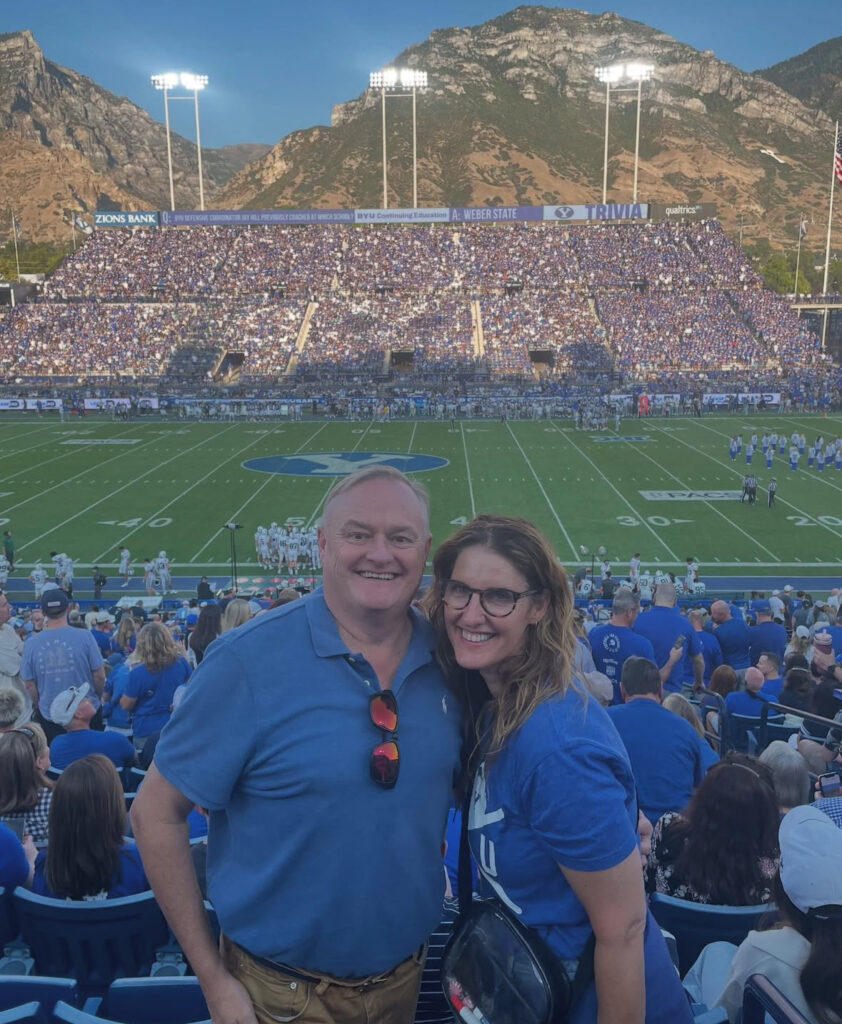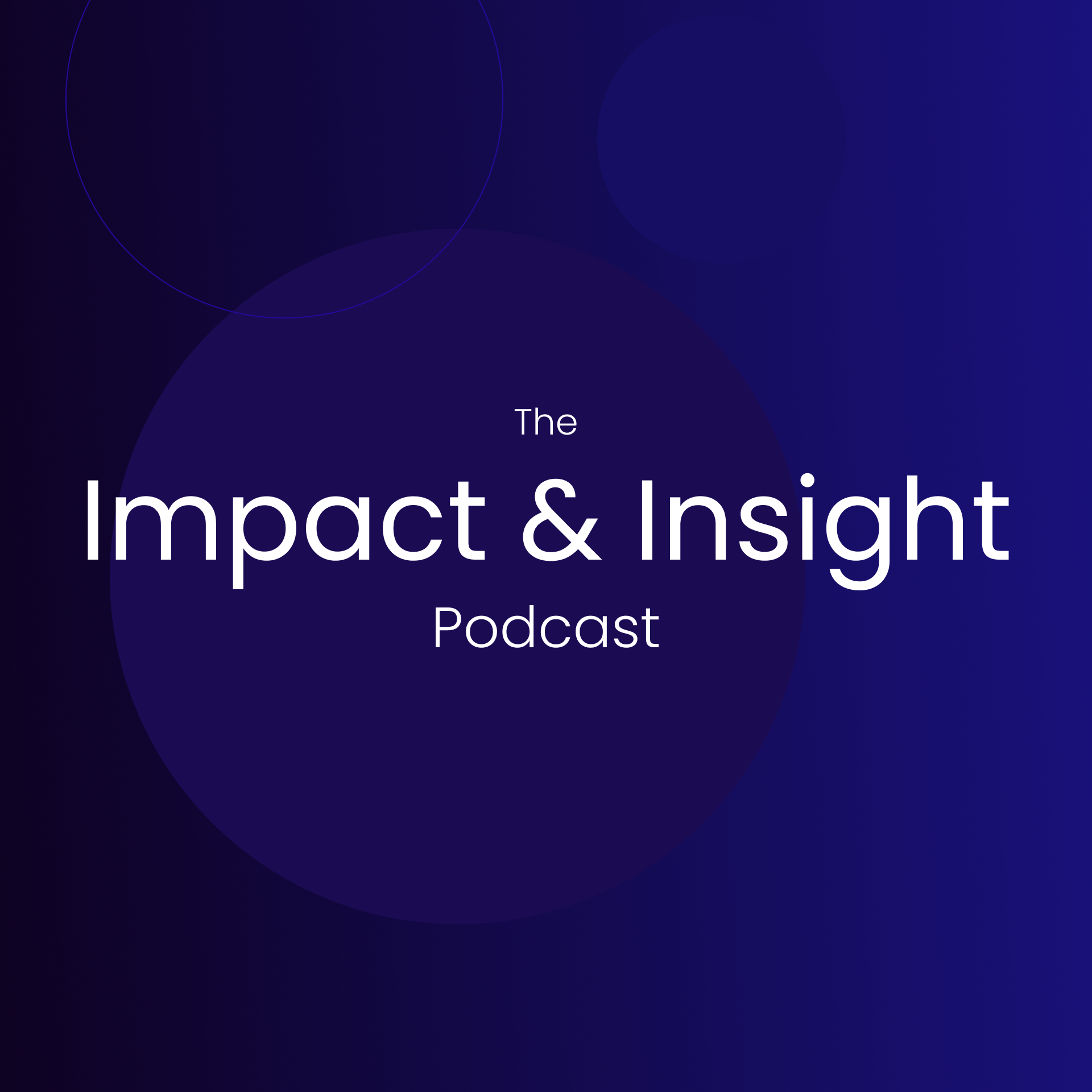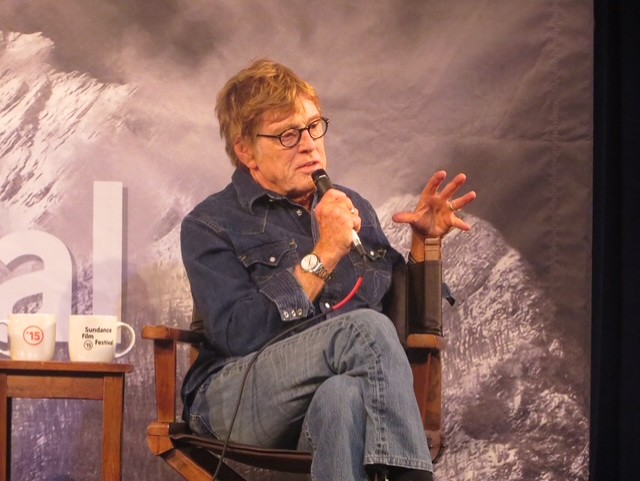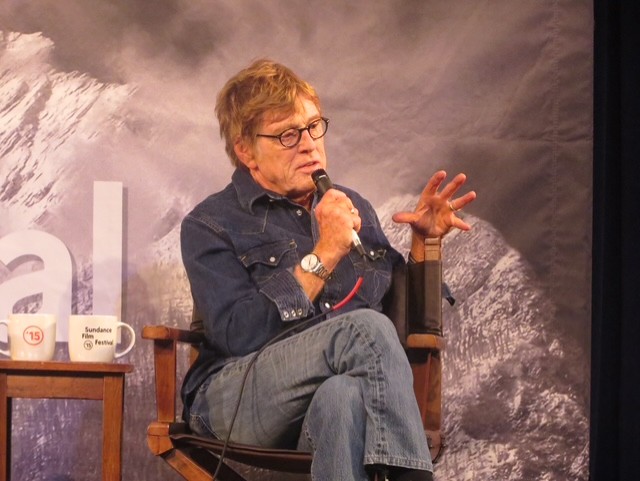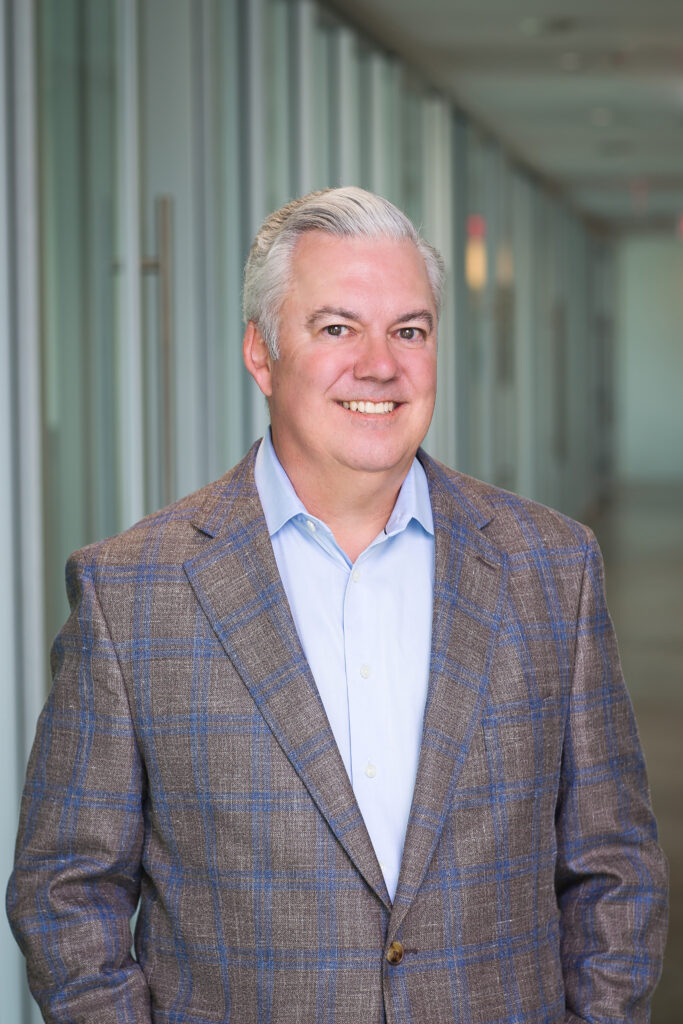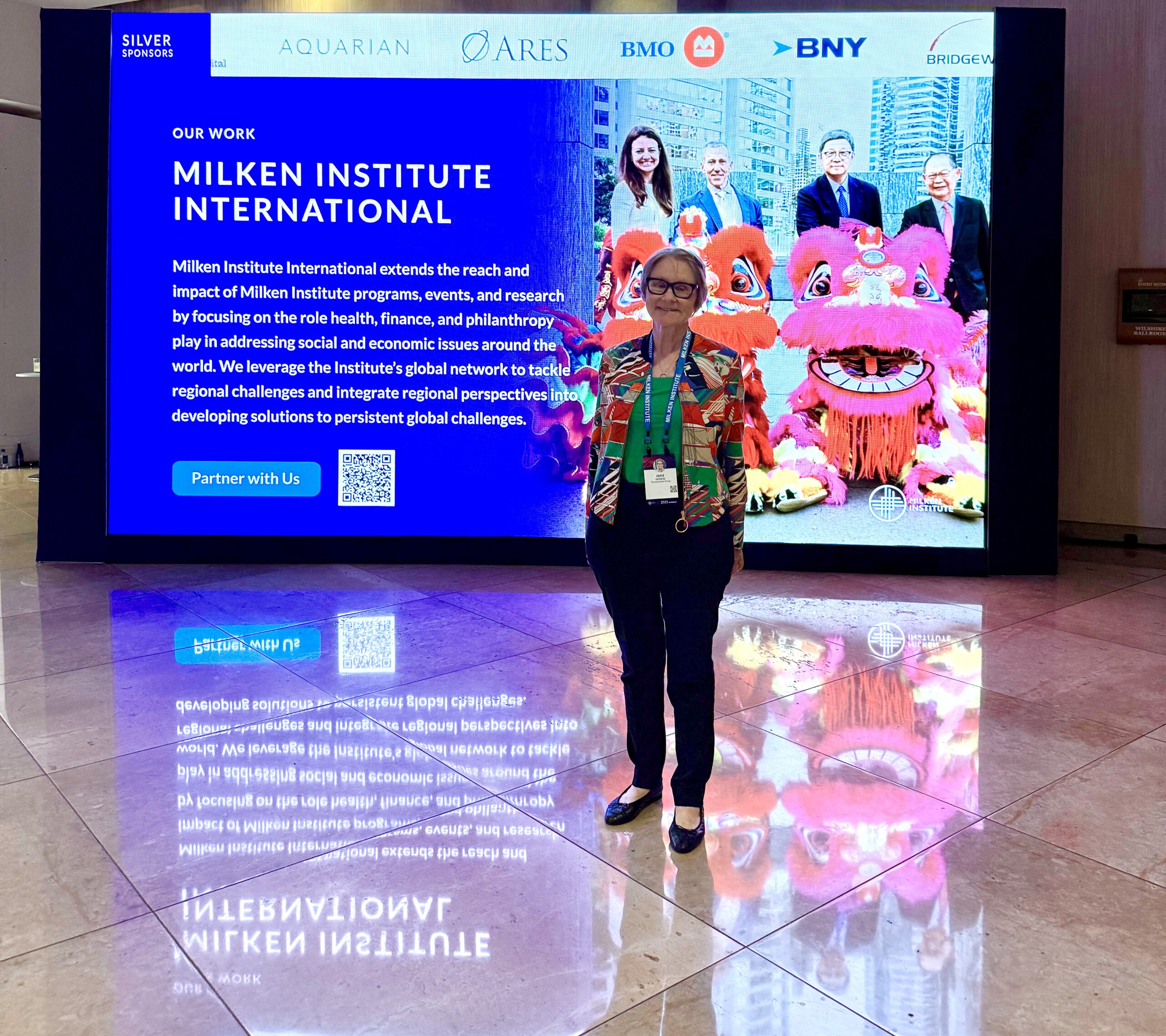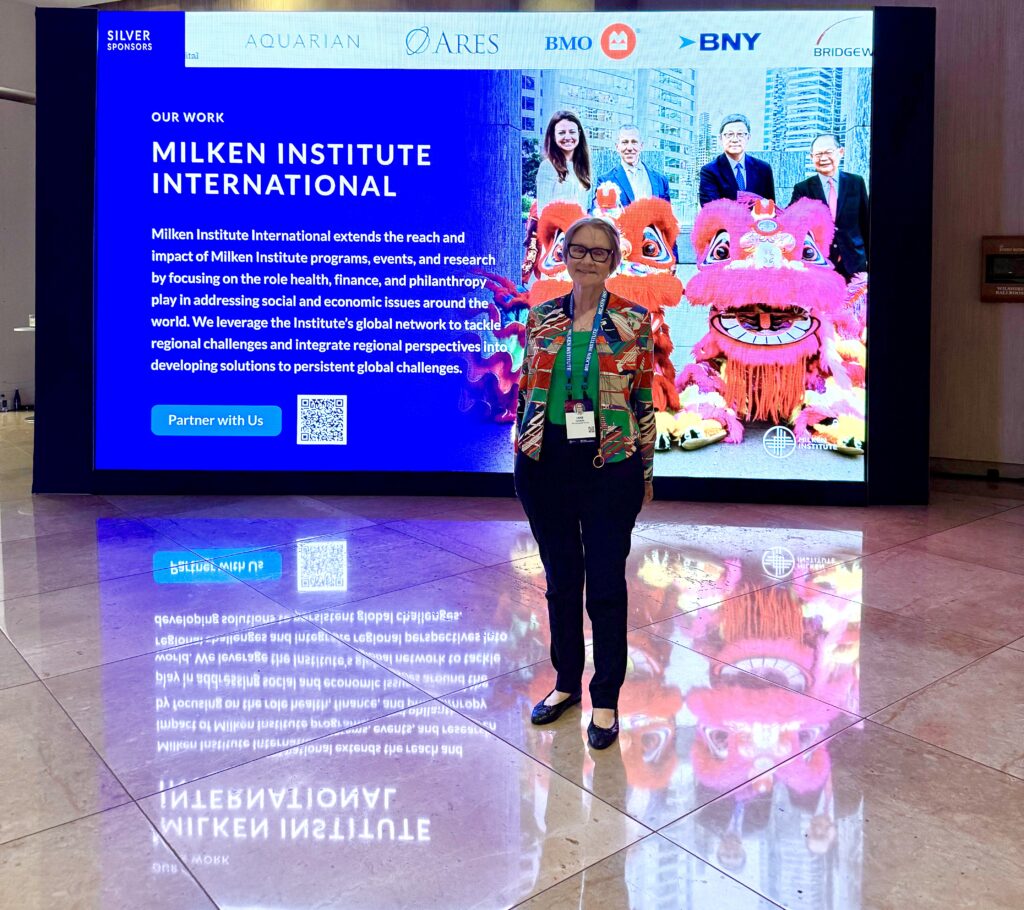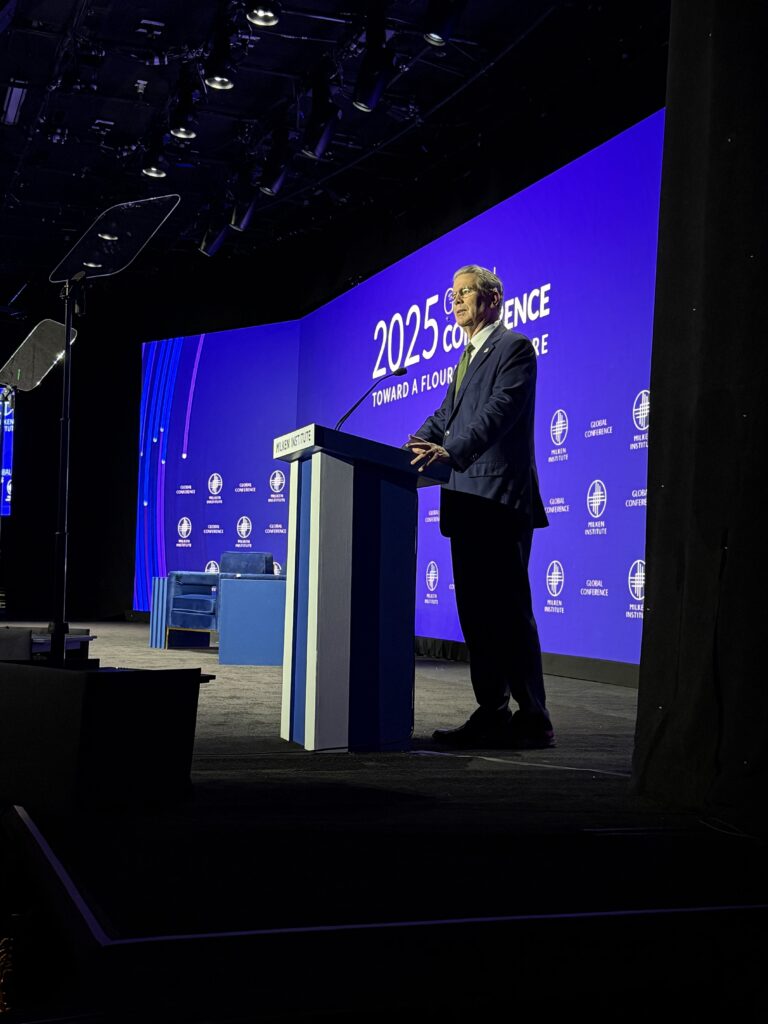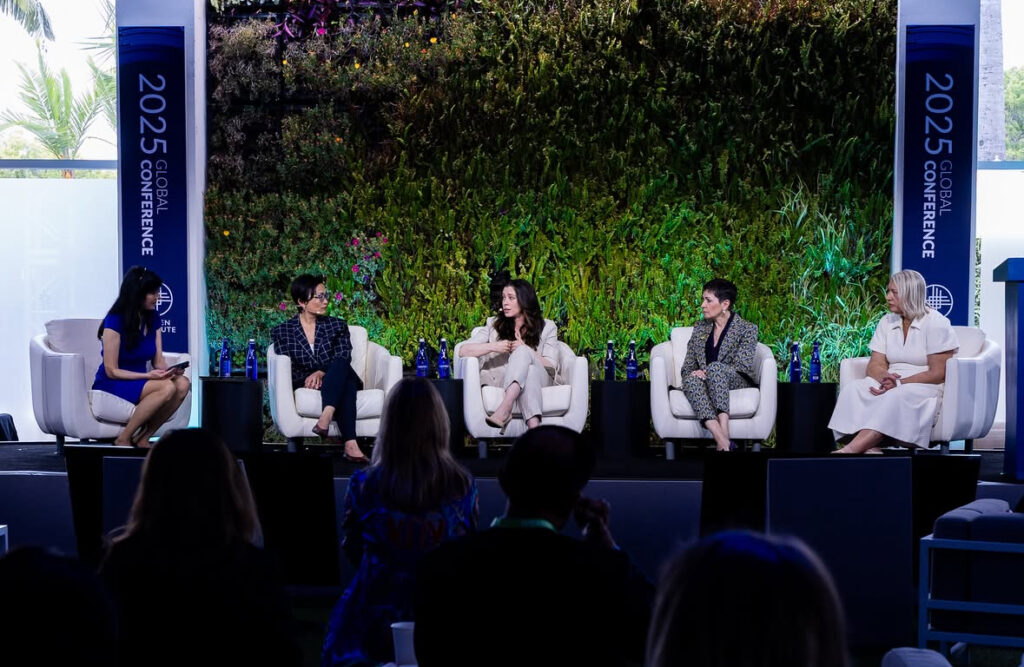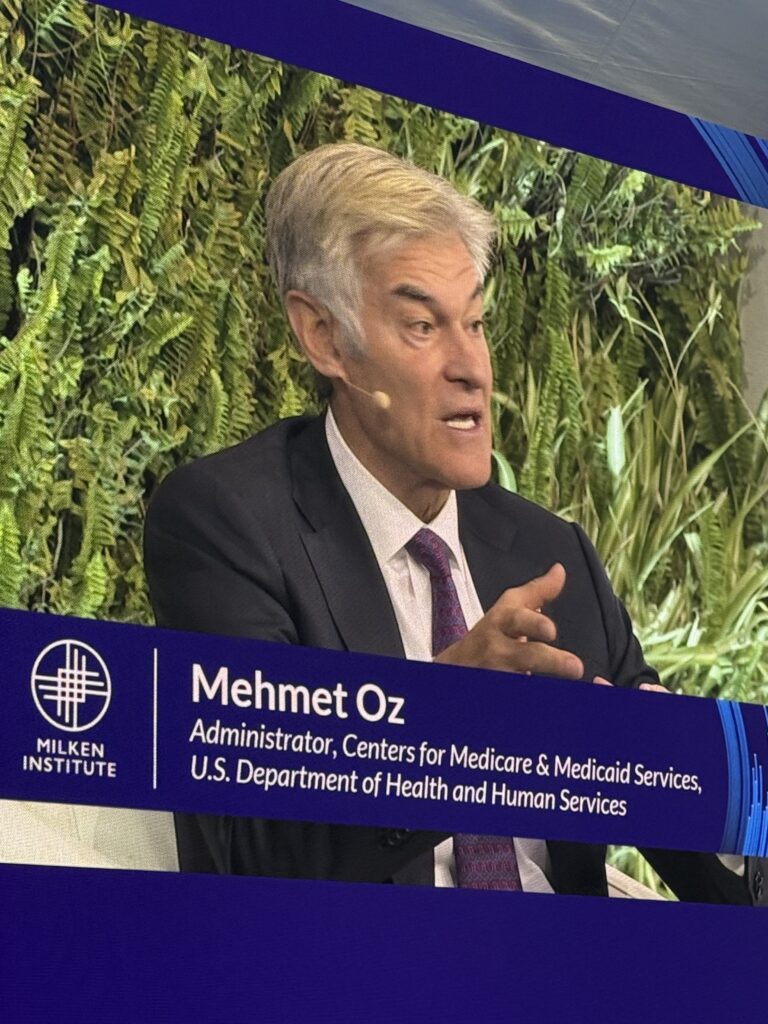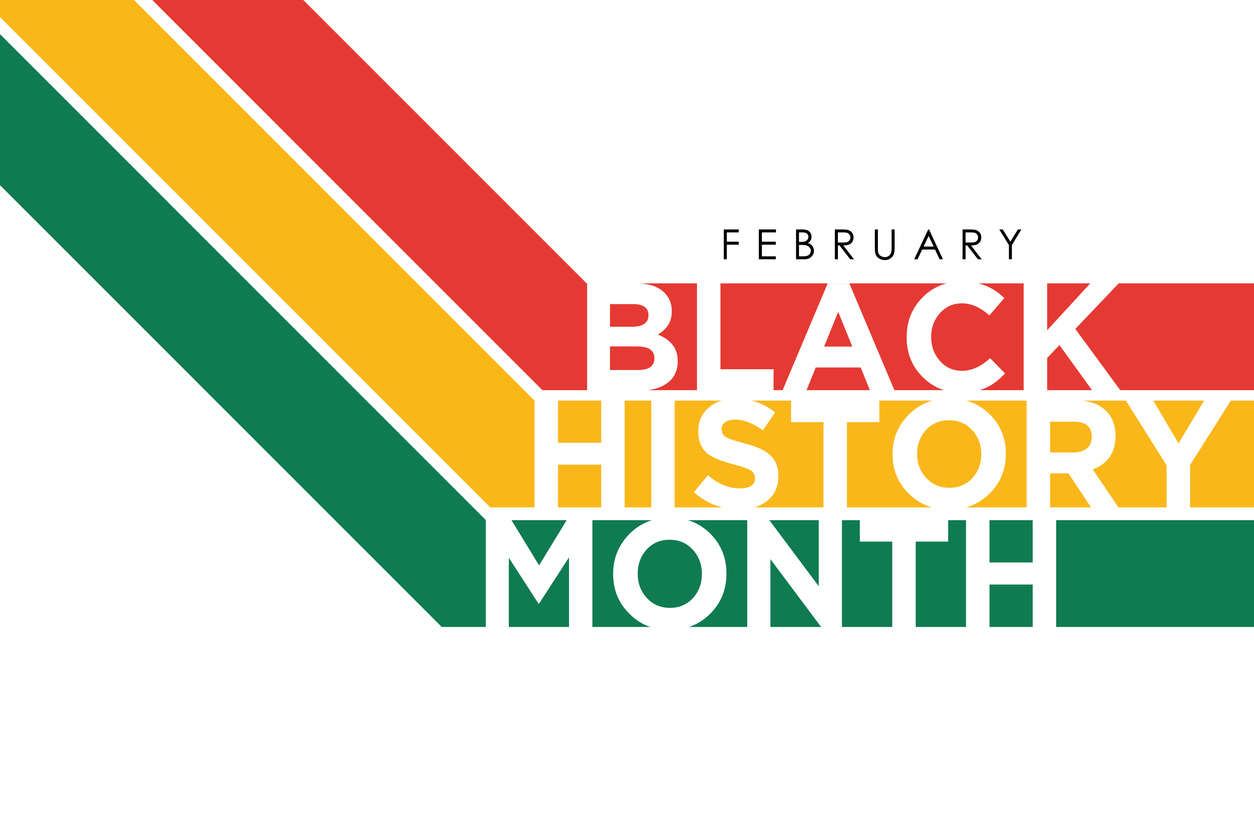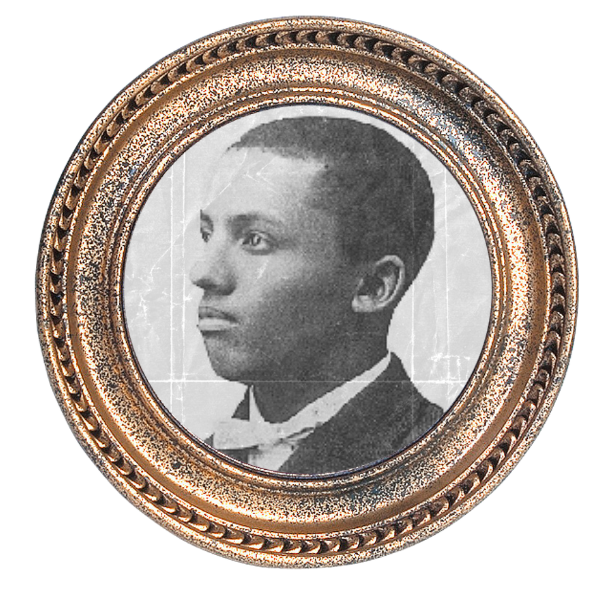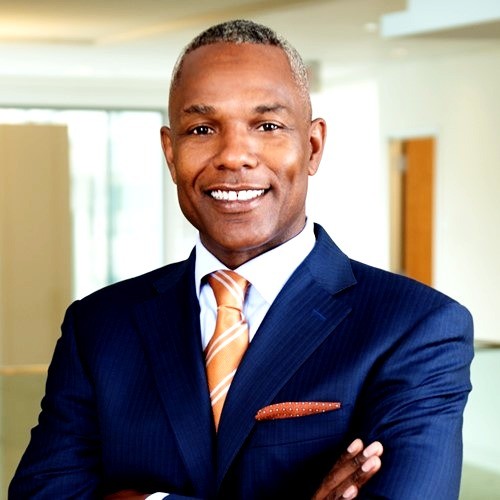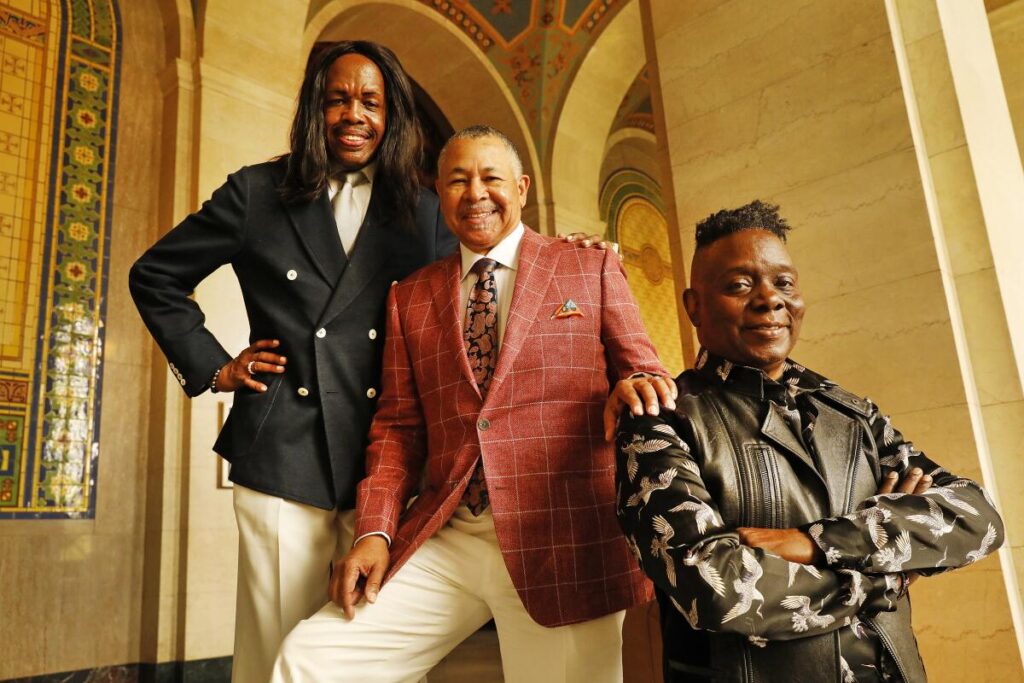As Thanksgiving week approaches, it is time to reflect on our many blessings both personally and professionally. Over the years I’ve shared that Thanksgiving is my favorite holiday, I’ve reflected on the gauntlet of travelling during the busiest day for air travel, and polled our team on their favorite Thanksgiving foods.
This year, acknowledging the less blessed moments of family gatherings, I asked our team to offer our readers advice: How to survive awkward family moments over the holiday—from diffusing heated political discussions, to ignoring that embarrassing thing your weird uncle does, to nice things to say about a disastrous turkey, to negotiating old traditions in a newly blended family. We’ve changed names and details to protect the innocent (and the guilty) to avoid a new awkward moment this Thanksgiving.
I’ll start us off:
Flipping the Bird
Eight years ago, in November, I packed up my life and moved to California. I was coming here for all the right reasons: business opportunities, the weather, love and more taxes (of which I remind my lovely Faith every April 15th!).
What I didn’t know was that holiday time would include the past spouse. It seems I found myself the Mother Theresa of northern California, and all orphans were welcome, large or small.
Settling in to this novel concept was challenging, but what started as mild concern turned into awkward alarm when HE put the bird on my grill and announced he would make it. Didn’t he know the adage: Never touch another man’s grill?
I haven’t touched a turkey in eight years!
Finally, we begged off the “bring an X” tradition, and I thought this year would be my chance. I was wrong.
“My daughter is bringing her chef friend,” Faith announced with glee. “He’s smoking the turkey!”
My advice? There’s always football.
Best. Brownies. Ever.
Sometimes, families clash over the ingredients of traditional holiday dishes. One person may insist that marshmallows top the sweet potato casserole, while another vehemently protests. One family member can’t eat gluten; another is horrified that the stuffing is gluten-free. Then, there is the “special” ingredient that one Thanksgiving guest added to a batch of brownies. Alex & Red Managing Director John Mann tells the story:
Thankfully, most of my Thanksgiving holidays have been intentionally innocuous and time well spent with family and friends. However, several years ago a friend shared a story of her Thanksgiving holiday. She was hosting Thanksgiving that year and asked each family member attending to bring a specific dish—rolls, stuffing, sides and desserts. Her sister volunteered to bring brownies but took it a step further and made an “adults only” batch of brownies. To my friend’s surprise, her sister persuaded a few of her teetotaling senior relatives to try them. Needless to say, she reported that by early evening most of the adults were mellow and agreeable, or sound asleep.
John’s advice? Pass the brownies.
“So… when am I going to be a grandma?”
Research Associate Abby Buchold reminds us, “with the holidays approaching, many of us will be at the table or sitting on the couch with overly curious relatives. I count myself lucky that neither my parents nor my in-laws ever prodded me with questions about having kids, but occasionally one of my husband’s relatives would get up the nerve to ask him about it. (I think they were afraid to ask that in front of me.) My husband tells me they never ask again if he gives this answer, ‘I’m too selfish to have kids.’”
Abby’s advice? Silence a cringe-worthy line of questioning with a polite but firm response.
It’s 5 o’clock somewhere
Senior Associate James Irvine shares this story:
In 2015, my parents, brother, fiancée and 13 aunts, uncles and cousins gathered in Carmel, California for Thanksgiving. It was great to get everyone together in a breathtakingly gorgeous place, but 18 adults under one roof can get hectic! Late afternoon on Thanksgiving day, a few of us drove to Pebble Beach to grab a cocktail, as is necessary when navigating such a large family gathering.
Jamie’s advice? Keep your cool with a cocktail (as long as it’s enjoyed in moderation).
The introvert’s guide to Thanksgiving, by Research Director Kyle Robinson
For introverts, large gatherings of people—yes, even family members—can quickly drain their energy. It is tiring to always be “on” and carry on conversations with people you haven’t seen since the previous holiday season (and to bite your tongue when your crazy uncle starts off on one of his political rants again). So, here are a few easy tips for any introvert to remember while surviving the holiday season.
1. Come prepared with talking points. Have some conversation starters prepared to help avoid those awkward silences that send introverts running for the hills. Remember that your cousin John recently moved to California; ask him how he is enjoying the weather at this time of year. Ask your Aunt Susan how retirement is treating her, and whether she has any trips planned for the coming year.
2. Step away for a few minutes. When you have reached your people limit, find a quiet place to retreat to for a few minutes to sit in solitude. Or, take a short walk around the block for a few minutes of peace.
3. Help out your host in some way. Giving yourself some sort of task helps keep your mind focused on one thing, while simultaneously making yourself seem social. Take people’s coats as they arrive, help set the table, or offer to do the dishes. It requires very little social interaction while at the same taking care of a huge chore that nobody likes to do.
4. Remember for what you are thankful. Large social gatherings are tedious for introverts, like me. But be thankful to have people in your life who care about you enough to want to include you in their celebration.
The holiday season will be over soon enough. Then, the introverts of the world can go back to enjoying wild nights at home with Netflix.
It wasn’t me!
Marketing Director Susan Hunt shares this story:
One year, my three kids and their five cousins disappeared upstairs at Mimi’s and Grampy’s house. Mimi kept an antique-looking phone in the guest bedroom that the kids assumed was disconnected. As children are wont to do, they cavalierly dialed 9-1-1 and listened, horrified, as the phone began to ring. They quickly hung up. And waited.
Several minutes later, the doorbell rang. Uncle Scotty answered the door to find a Sherriff’s deputy waiting outside. “Did someone dial 9-1-1?” he asked. The adults convened in the entryway and quickly called the children downstairs. Choruses of “it wasn’t me!” greeted us as the children shuffled downstairs. The sheriff understood and after some neighborly chit-chat and declining a piece of pie, he went on his way. Diplomatically, the parents, satisfied that the children were appropriately chastised, dropped the matter. At least until later that evening.
As we drove home, I grilled my kids again: “I believe you’re innocent,” I said, knowing my little angels would never lie to me. “Just tell me who did do it.” “It was ____________!” they confessed, throwing their cousin under the bus. I knew it all along.
Susan’s advice? Diplomacy first (duplicity later).
Director Sarah Mitchell’s catch-all advice:
My catch-all solution for whatever ails you on thanksgiving is to just take a walk. Butting heads with your in laws? Take a stroll and cool off. Need to find out who your niece has a crush on but she doesn’t want to talk about it in front of her parents? Stretch your legs with her. Bored with football? Out you go. Eat one too many pieces of pie? The great outdoors beckons. There is a very little that some fresh air and a hit of endorphins can’t solve.
What a trip, by Managing Director Jean Lenzner
With no family close by, I have traditionally used the Thanksgiving holidays as the perfect time to fit in a quick trip, often adding a vacation day or two make to stretch the long, holiday weekend. Last year’s destination was an unforgettable trip to the Amazon rainforest of Ecuador; other memorable locations have included Dubai and Hong Kong. As much as I loved each of these trips, I have found colder climates a little more conducive to engendering holiday spirit. Past cities have included Berlin, Montreal and Munich, as all of these cities host big Christmas markets. This year, I will be returning to New York City, and I am already looking forward to a bit of cold weather with all the lights and holiday decorations.
Jean’s advice? Make it an adventure!
And I never ate turkey again…
Director Bill Lepiesza shared this awkward moment from his post-college days:
One of our first post-college Thanksgivings, our friends had us over and didn’t realize that there was a plastic bag full of whatever inside the turkey (Editor’s note: giblets, that’s what’s in the plastic bag: heart, gizzard, liver and various other visceral organs), and cooked it with the bag inside. It was covered in melted plastic when it came out of the oven.
Bill’s advice? If the bag has melted or warped in any way during the cooking process, it’s best not to serve the turkey. The plastic contains chemicals that can leach into the bird. Frozen pizza, anyone?
The day she lost her lunch, by Ashley Martinez
Years ago, I went to Thanksgiving with my college boyfriend’s family. They live in the northern United States, and the weather was freezing cold. Dinner was going well until I started to feel nauseous. I excused myself and hurried to find a restroom. They were all full! I made my way to the front door just in time to lose everything I had eaten (it turns out they put cream in their mashed potatoes, and I’m lactose intolerant). By the time my boyfriend checked on me and I had pulled myself together, the vomit had frozen to the porch; we had to haul hot water from inside to wash it away. While my boyfriend’s mother’s first concern was getting that porch clean, the rest of the family put me at ease and diligently pointed out any dishes on the table made with dairy.
We’re still friends, and whenever I see him or any of his family members, it’s a running joke.
Ashley’s advice? Get those dietary restrictions out on the table before they are “out on the table” (or the front porch, or the bathroom).
Deep-fried turducken and Beaujolais
Database Research Administrator Mike Fulton, a Louisiana native, shares this story:
Many years ago, when I was around ten, my maternal grandfather—a devout Roman Catholic and a Cajun—drove to northeast Texas with us to have Thanksgiving with my father’s very observant, and teetotaling, Baptist family. He arrived with all the accoutrements to deep fry a turducken, as well as several bottles of Beaujolais. When my uncle protested about the wine, my grandfather just smiled and said, “I wrapped them up in brown paper just as the Baptists like it.” It was like the Wars of Religion in Europe all over again: Catholics on one side of the table sipping wine; Protestants on the other imbibing coffee or iced tea.
Mike’s advice? A little tolerance goes a long way.
Traditional takeout, by Managing Director Beth Ehrgott
Two years ago, as was tradition, the extended family gathered at my home for Thanksgiving. No one wanted to cook this year so we thought, no problem! We’ll order Chinese takeout. We called our favorite place down the road…closed. We tried the next place. And the next. And the next. We must’ve called a dozen places—all closed. Thanksgiving being a holiday all about food, I had assumed that most restaurants were open. I was wrong, and now I had a house full of hungry people and no food. We improvised: there was a half-eaten baked ziti in the fridge and two or three flank steaks in the freezer. And that was our Thanksgiving meal. You know what? We had a blast. True story.
Beth’s advice? Always have a backup plan.
A Thanksgiving vocabulary lesson, from Sarah Silva
When I was a little girl around eight or nine years old, I learned a new word at school. None of my classmates knew what it meant, but it sounded funny to our young ears, and we eagerly incorporated it into our growing vocabularies. Later in the month, during Thanksgiving dinner, my family members were saying our prayers and taking turns giving thanks. When it was my turn, I proceeded to list off all the people in my life I loved and appreciated. I mentioned a family member and used my new vocabulary word to describe him. The table went silent. My mom’s face dropped and quietly asked me if I knew what it meant.
That was first time I realized I had been calling my friends and family members a bad word. Thankfully, my family explained the meaning of the word, and gently suggested I strike it from my vocabulary. I apologized in great embarrassment. Our family still laughs about it to this day. (Just in case you are curious, the infamous word begins with “p” and rhymes with “trick”.)
Sarah’s advice? Laugh at yourself.
It was the kids, I swear!
Director of Finance and Administration Gayette Eicher tells this story about an invitation-only family holiday:
About five years ago, my kids and I were planning to go to Midland for the Thanksgiving holiday weekend. I can’t remember why our plans changed, but we found ourselves staying in Houston with no real plan. I quizzed each of my children as to what they would like to do; the consensus was for me to cook a traditional turkey dinner at my house. Shortly after my conversations with them, their dad’s plans changed, and he and his girlfriend were without a place to go on Thanksgiving. Inclined to believe the more, the merrier, I suggested to the kids that their dad and, let’s call her “T”, should join us. Unanimously and adamantly, the kids said yes to dad, but no to significant others. They wanted a family-only celebration. Against my better judgement and my nature, I complied. After inviting him via text, he responded, “what can we bring?” My response was, “you don’t have to bring anything but please don’t bring T.” He didn’t text back for a couple of days and when he did, his response was, “we’re going to do something else but thanks for the invite.” I never admitted that it was the kids’ decision. To this day, I’m sure he thinks it was me.
Gayette’s advice? Sometimes, there simply isn’t a graceful solution to an awkward situation. And that is the truth.
Guess who’s coming to dinner?
As if to prove Gayette’s point, Executive Assistant Bob Freeman shares this awkward story from his childhood:
My brother’s former wife showed on Thanksgiving just as we were about to eat. My mom swears she did not know she was coming nor invite her (but I think she did). The ex-wife tried to sit at the table close to my brother, but there was some resistance; for instance, “Why don’t you sit over here by…” It wasn’t long before she was involved in conversations with other family members, but my brother’s ex-wife remained visibly uncomfortable.
Bob’s advice? Thanksgiving is no time for surprises. Confirm your host’s invitation and, if you are the host or hostess, make sure your guests know who is coming to dinner.
Sometimes blended families work
Just when we all want to go running to the hills this holiday season, Associate Katelyn Griffith shares this charming story of a second family sending its love.
Almost every year, my boyfriend’s family hosts a big family reunion over the summer. It’s chance to spend a long weekend and real quality time with his aunts, uncles, cousins and their kids. They are some of the warmest and most welcoming people I have ever met, and have quickly made me feel like a member of the family. They also spend every other year celebrating Thanksgiving together. I haven’t been able to join them the past few years for Thanksgiving as I have been spending the holiday with my family. My boyfriend knows how much it means to me that his family would invite me and how much I love spending time with them, so each year he puts together a video for me. Everyone waves at the camera and shouts, “Hi, Katelyn!” It is the sweetest gesture and warms my heart year after year.
Katelyn’s advice? Find yourself a partner that goes out of their way to make you happy and a second family that always makes you feel special.
Peace and quiet and the presence of love, by Managing Director Jane Howze
Thanksgiving is more than Thanksgiving to me. It also coincides with my wedding anniversary. We will celebrate our 39th wedding anniversary on the 29th. We typically make Thanksgiving about us and celebrate in Hawaii where we honeymooned. In addition to the obvious benefits, we avoid any conflicts with family members, cooking mishaps and the other things that everyone else has written about above. I am always grateful for the peace and quiet and the presence of my love.
Her advice? Make the holiday your own.
Happy Thanksgiving from The Alexander Group
Together, we wish you a holiday season free of awkward moments. And if there are, as there inevitably will be, send your stories to us… we are always grateful for a good laugh.
